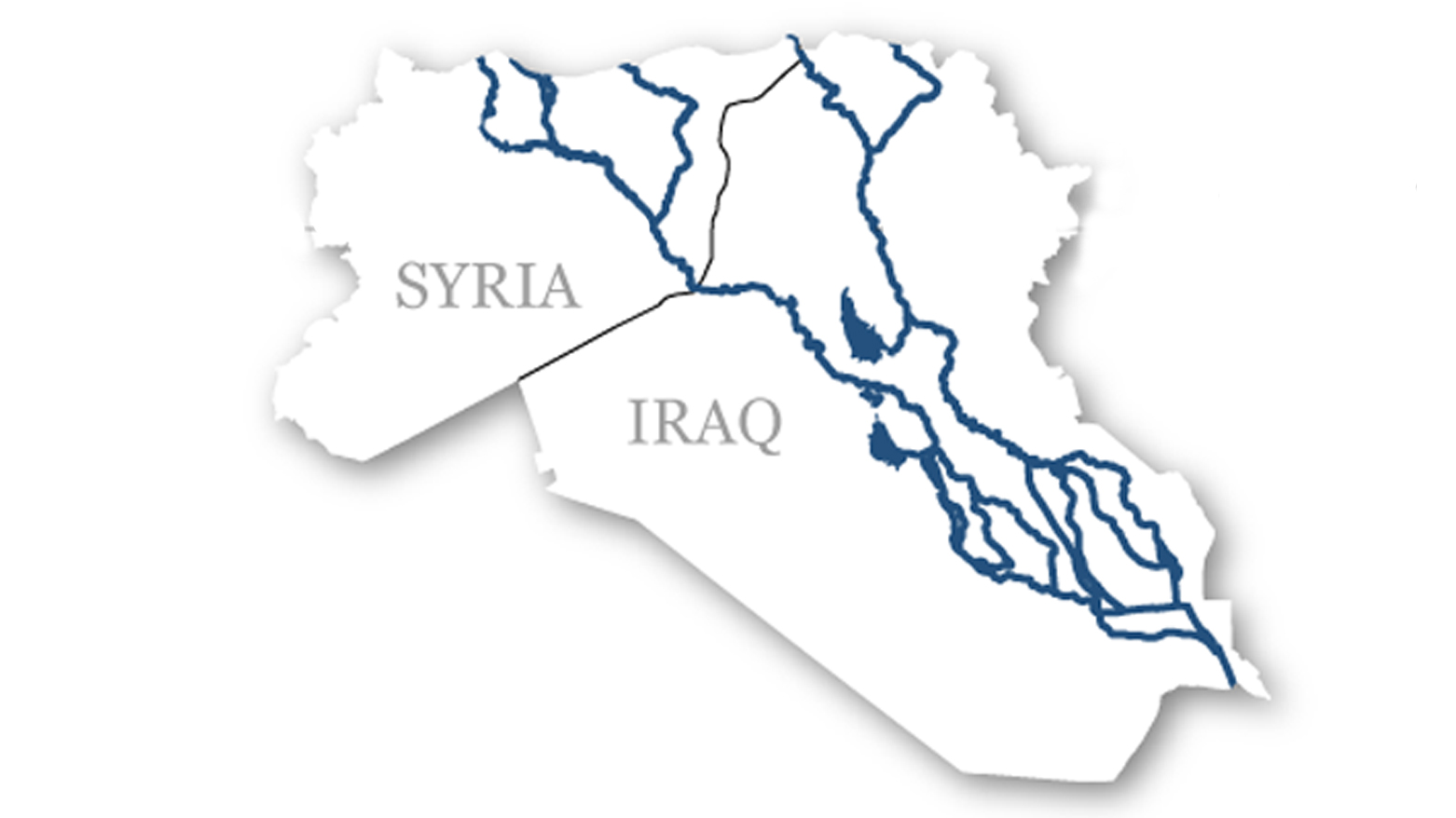Syria Affirms Commitment to Ensuring Iraq’s Water Share from Euphrates under International Agreements
Syria reaffirms commitment to Iraq's Euphrates water share (58% of Turkey's flow) amid scarcity crisis. Joint monitoring station planned as Turkey must maintain 500m³/sec minimum. Iraq seeks increased releases to combat drought-driven shortages.

By Ahora Qadi
Erbil (Kurdistan24) – The Syrian government on Saturday reaffirmed its commitment to delivering Iraq’s share of Euphrates River water in accordance with international and bilateral agreements, as regional concerns grow over worsening water scarcity.
Fixed Annual Allocation in Line with Agreements
Engineer Ahmad Al-Kawan, Director of the General Authority for Water Resources in Syria, told local media that Damascus remains committed to releasing Iraq’s agreed water quota. He stated that Syria maintains a fixed annual ratio of 58% of the total flow received from Turkey at the joint border, which is directed onward to Iraq.
He further explained that Syria currently retains a provisional share of 42% from the water flow it receives from Turkey at the Jarabulus crossing.
Turkey Obligated to Maintain Flow Above Minimum Threshold
Al-Kawan highlighted that existing international agreements obligate Turkey to release no less than 500 cubic meters of water per second annually at the Turkish-Syrian border. Should this flow drop below the required average during any given month, Turkey is responsible for compensating the deficit in the following month.
He noted that the water bound for Iraq travels through the Syrian city of Al-Bukamal, based on inflows measured from the Jarabulus crossing on the Turkish border.
Joint Syrian-Iraqi Committee to Monitor Water Flow
In efforts to enhance transparency and water management, Al-Kawan revealed the formation of a joint technical committee between Damascus and Baghdad to monitor and measure the volumes of water arriving at the Syria-Iraq border. Additionally, plans are underway to establish an advanced water monitoring station at the border to ensure accurate data collection and reporting.
Addressing Water Crisis Amid Climate Change and Upstream Restrictions
These measures, Al-Kawan emphasized, are part of broader bilateral cooperation between the two countries to address the alarming decline in water levels along the Euphrates, especially amid intensifying regional droughts and diminishing water releases from Turkey. Climate change and upstream dam projects have compounded the already fragile water security of both Syria and Iraq.
In a related development, Iraqi Prime Minister Mohammed Shia’ Al-Sudani recently confirmed that both Turkey and Syria have agreed to increase their water releases to Iraq, as part of a wider official effort to mitigate the country’s ongoing water crisis.
Euphrates: A Lifeline Under Threat
Originating in Turkey and flowing through Syria before reaching Iraq, the Euphrates River is one of the most critical transboundary water sources in the Middle East. Iraq has for years grappled with severe water shortages attributed to upstream dam construction, rising temperatures, and prolonged droughts, all of which continue to erode the country's water security and agricultural capacity.